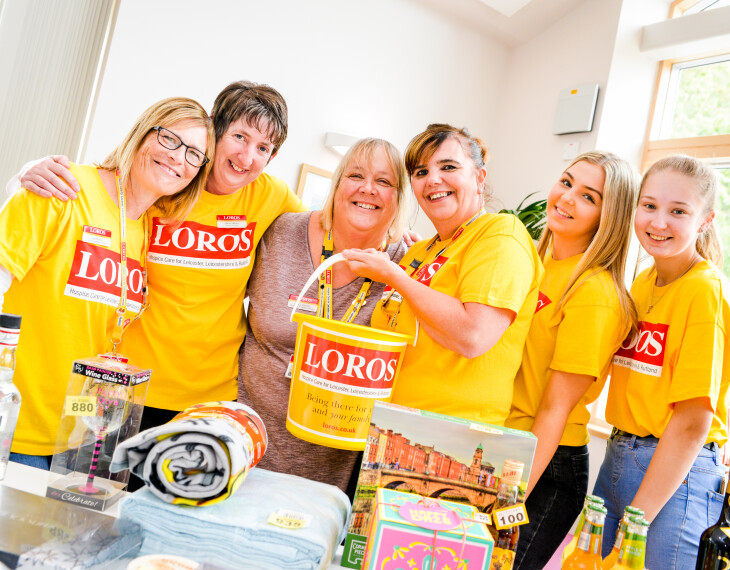By Leicester Mercury | Posted: March 24, 2014
The British high street provides more choice and variety if it includes charity shops and their existence makes a broader contribution to society which can easily be overlooked. Charity shops vary enormously in terms of size, prominence of location and the nature and price of items for sale.
A common factor is that they rely heavily on people kindly donating their unwanted items, with the expectation that these are sold to raise funds to contribute to the charities' aims and to their beneficiaries.
The charity shop often represents a convenient way for people to donate, rather than just discard, unwanted clothes, books, household items, furniture, DVDs and so on.
Hence, charity shops provide an invaluable service to the community by recycling "waste" – which might otherwise have gone to landfill – and by providing an opportunity for customers to buy items which are often a real bargain and at a price which they might not be able to afford if new.
Charity shops have both a moral obligation and financial imperative to raise as much money as possible from the donations which people have provided to them.
Competitive pricing, as well as effective and efficient sorting of items and attractive displays, all contribute to achieving this aim.
Like other retailers, charities need to anticipate and respond to changes in customer demand, fashion and technology. For example, "shabby chic" products or those which have been "upcycled" have become more popular and printed books less so.
Customer service is extremely important in providing shoppers with a good experience in order to maximise sales and the chance of repeat business, but also in ensuring proper appreciation to people when they drop off their generous donations.
Furthermore, charity shops contribute to the economy by providing employment and opportunities for people to volunteer their time.
This not only provides them with a sense of fulfilment and "giving something back", but can also equip them with skills and experience to help their employment prospects.
LOROS has 25 shops across Leicester, Leicestershire and Rutland with 50 staff and 600 volunteers – a highly-professional team with significant retail knowledge and experience.
Their passion is to contribute the maximum amount of money possible towards the cost of providing care for our terminally-ill adult patients and support for their families. The funds raised through our shops are equivalent to the cost of us employing 25 fully-qualified full-time nurses.
I firmly believe that charity shops provide a "virtuous circle" to society through recycling unwanted items, providing opportunities for customers to "snap up a bargain" and for the charity to reinvest the funds raised for public benefit.
Simon Proffitt, LOROS Chief Executive





